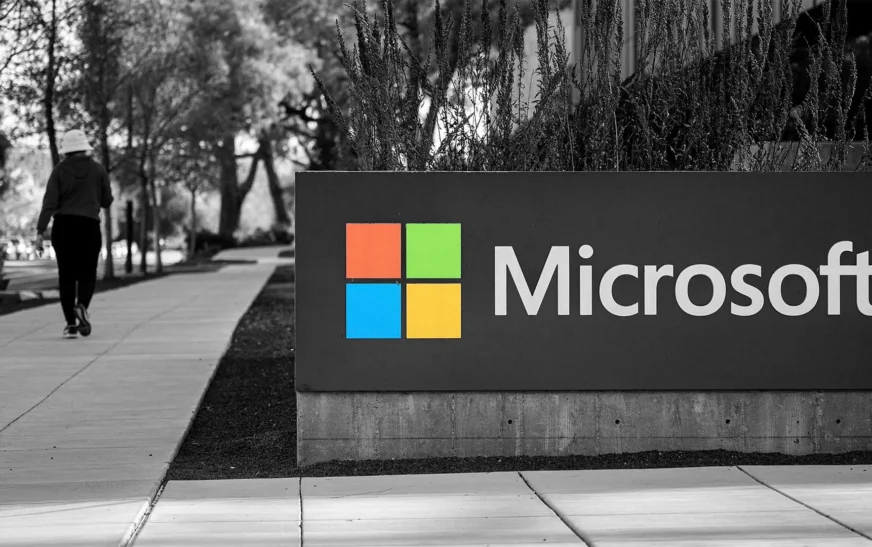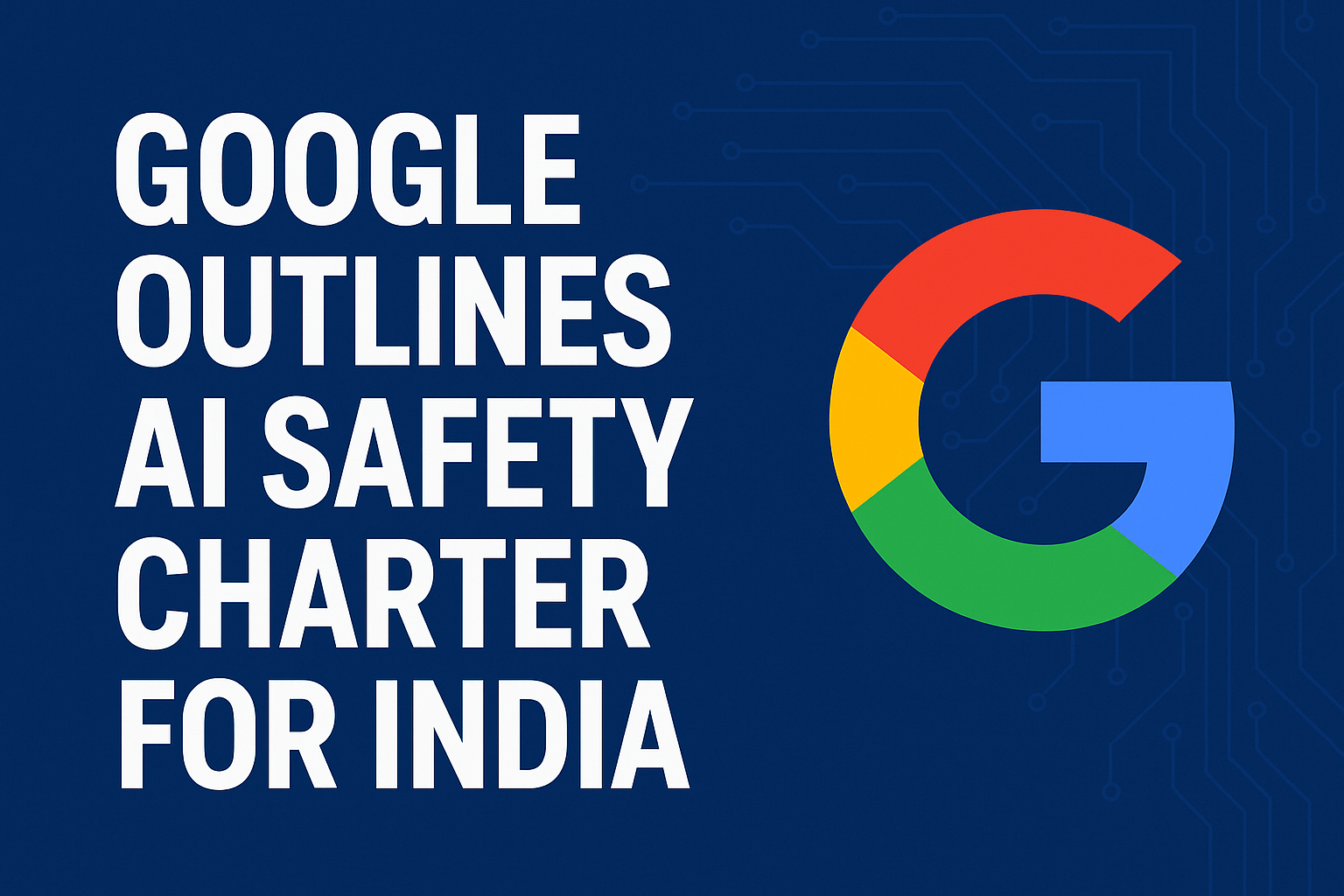1. What Is Link Building in SEO?
Link building is the process of acquiring hyperlinks from other websites that point to your site. These links are like digital votes of confidence, telling search engines your content is trustworthy, authoritative, and worth showing to users.
There are two main types:
- Inbound links (backlinks): Links coming from external sites to yours
- Internal links: Links between pages on your own website
While both are important, high-quality backlinks from authority domains have the most impact on your search rankings.
2. Why Is Link Building Important for SEO Success?
Search engines like Google use backlinks as a core ranking factor. Here’s why they matter:
- Authority Boost: The more relevant and credible links you get, the more authority your site gains in the eyes of search engines.
- Faster Indexing: Crawlers follow links, so more links = faster discovery of your pages.
- Higher Rankings: Sites with solid backlink profiles consistently outrank others.
- Referral Traffic: Some backlinks bring actual users from other websites—not just SEO juice.
3. Types of Links That Matter in 2025
Not all backlinks are created equal. In fact, low-quality or spammy links can harm your rankings. Focus on these high-value types:
- Editorial backlinks: Natural links placed within high-quality content
- Guest post links: Backlinks from publishing original content on authority blogs
- Niche-relevant links: Backlinks from websites in your specific industry
- High DA links: Links from websites with strong domain authority (DA)
Avoid:
- Link farms
- PBNs (private blog networks)
- Low-quality directories
4. How to Build Backlinks in 2025
Here are modern strategies that actually work:
a. Guest Blogging
Contribute content to reputable industry sites. Focus on value-driven articles that earn contextual backlinks.
b. HARO (Help A Reporter Out)
Respond to journalist requests and get featured in major publications with backlinks.
c. Resource Link Building
Create valuable guides or tools others want to reference and link to.
d. Broken Link Building
Find broken links on authority websites and offer your content as a replacement.
e. Internal Linking
Structure your content to guide both users and crawlers with keyword-rich internal links.

5. How to Check Your Backlink Profile
Use tools like:
- Ahrefs
- SEMrush
- Moz Link Explorer
- Google Search Console
Monitor:
- Number of backlinks
- Referring domains
- Anchor text diversity
- Spam score
6. Link Building Myths to Avoid
Myth 1: Quantity > Quality
One high-authority backlink can be more valuable than 100 low-quality ones.
Myth 2: Paid Links Are Fine
Paid backlinks violate Google’s Webmaster Guidelines and can result in penalties.
Myth 3: You Can Stop After a Few Links
SEO is ongoing. Consistent link acquisition keeps your content competitive.
7. Link Building Metrics That Matter
To measure link quality:
- Domain Authority (DA)
- Page Authority (PA)
- Trust Flow / Citation Flow
- Relevance to your niche
Links from news sites, .edu/.gov domains, and niche blogs often carry more weight.
8. Link Building and Content Marketing Go Hand in Hand
You can’t build links without good content. Invest in:
- Original research and statistics
- Ultimate guides and pillar content
- Engaging blog posts and infographics
High-value content attracts organic backlinks and social shares.
Final Thoughts
The digital landscape may evolve, but link building in SEO continues to drive authority, rankings, and trust. When done right, it positions your site as a credible source that search engines want to recommend.
Focus on creating link-worthy content, building genuine relationships, and earning backlinks naturally. That’s the real secret to long-term SEO success.
Start building links that move the needle. Your rankings will thank you.













